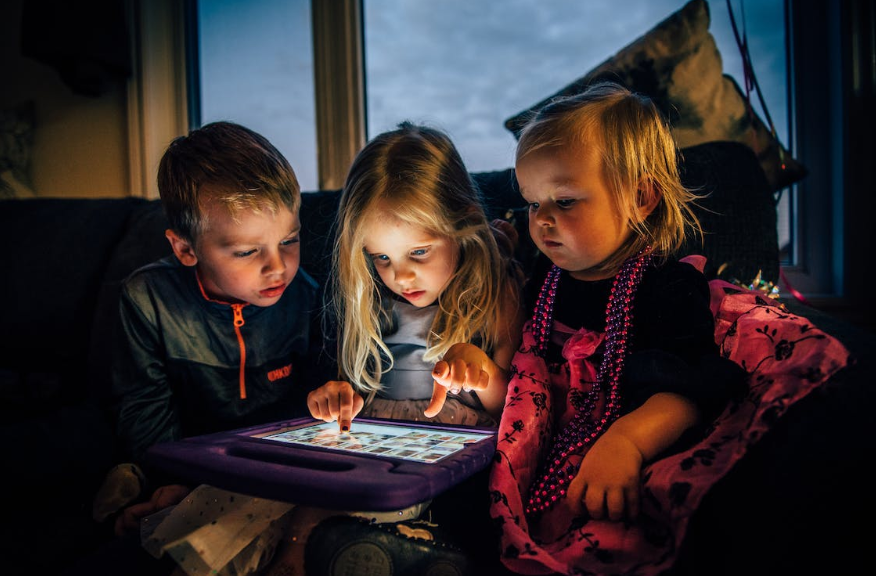What happened to children playing outside for hours and being creative while exploring and learning new things?
The answer to that, unfortunately, is technology. While technology has benefits, too much time spent on it can cause detrimental effects, especially for children.
Children are exposed to screens for different reasons, from smartphones to tablets to computers and televisions. Unfortunately, screens have become a babysitter, and now people are relying on them for learning.
According to an article from AL.com, six Alabama early childhood centers recently received technology tables that Hatch Learning developed. These seek to help students as young as three with skills like teamwork, sorting, and identifying emotions.
"Two years of a pandemic in lockdown returned children back to school with fewer abilities, gaps in knowledge, and increased behavioral issues,” Head Start Director Taquila Monroe explained in the article. “Understanding the need for social emotional support, we decided to invest in our children's well-being and Hatch Learning answered the call."
I am sure Monroe means well, but it seems other things could be done to invest in their well-being besides a screen that will likely only harm them in the long run. At three years of age, what child can't be taught important things by an adult? What child can’t be allowed the creativity to learn and explore without being glued to a computer screen?
The lack of physical activity that screens promote can lead to many health issues and even delay motor skill development. Studies also show that constant screen time can disrupt sleep, which is unhealthy for both children and adults. The lack of face-to-face social interactions is another issue. Furthermore, such passive forms of entertainment hinder children's creativity and imagination, encouraging shorter attention spans that reduce their ability to focus on tasks.
It’s also important to remember that screens increase the possibility of children viewing things of which parents are unaware, a sad fact I have witnessed with my children, family members, and friends' children. Some of these things can become an addiction, while games such as Roblox enable strangers to lure children into private chats. The bullying or negative pressure in these chats can lead to unnecessary anxiety or depression, secretly encouraging kids to do things that aren't talked about, seen, or done in their homes.
Access to technology is not terrible as long as it doesn't become the only thing we do. Thankfully, programs like the Bark app allow parents and guardians to monitor their children's activities to see what's happening, setting boundaries to protect them while they use phones.
But let’s be honest: there isn't anything better than genuine human interaction for learning skills, and our children need that more than a computer screen. They need to read on their own to increase their comprehension skills. And frankly, they need time outside to play and be kids.
This world offers many unknowns, and the stress and pressures that come with those unknowns can get to some of the most vigorous adults I know. Why would we want to put those on our children too?
Ashley Carter is a wife, mother, and grandmother living in Elmore County, where she and her husband run Farm to Table Living and Carter Farms. Ashley serves as Controller and Executive Assistant at 1819 News. She is currently working on an inspirational book of short stories. To connect with the author of this story or to comment, email ashley.carter@1819news.com.
Don't miss out! Subscribe to our newsletter and get our top stories every weekday morning.










